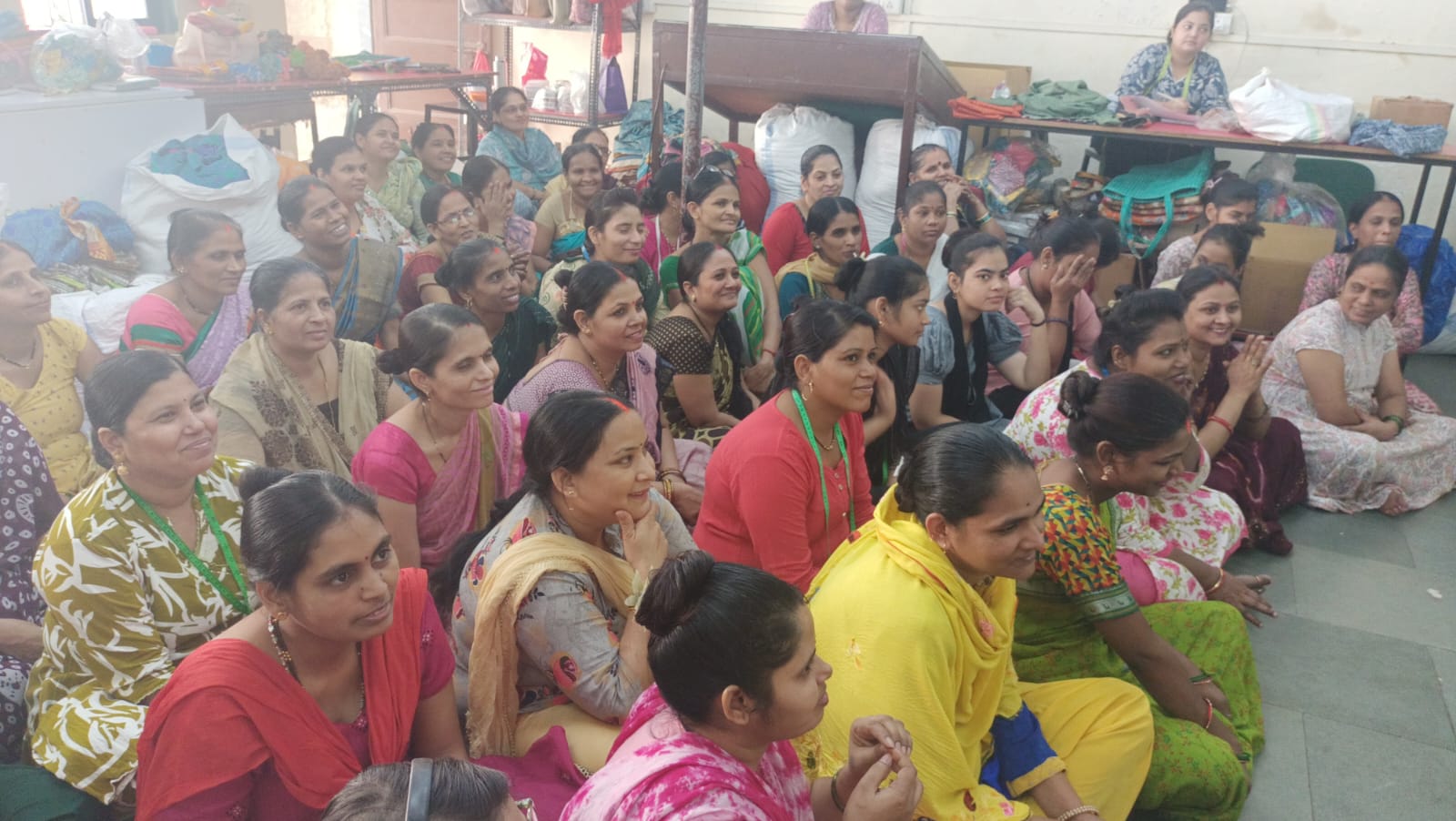
Bridging hearts building relations
A.Pertaining to Self
Direct involvement is valuable, but NGOs often have the expertise, networks, and scale to create a more sustainable and far-reaching impact than individual efforts.
Supporting multiple organizations diversifies your impact. Each NGO addresses unique aspects of societal issues that may complement your current contributions.
True philanthropy is about the impact, not recognition. However, many NGOs are happy to acknowledge donors in a discreet or formal manner if requested .
Operational expenses are critical for enabling on-ground impact. Without administrative support, even capital projects cannot function effectively.
Many NGOs can provide testimonials from existing donors and volunteers, and offer visits to projects to build trust.
Small contributions from many people lead to big changes. NGOs often rely on collective giving to create large-scale impacts.
While personal interest matters, societal change often requires support across diverse causes, even those outside one’s immediate preferences.
Poverty and social issues transcend boundaries. Supporting work in underserved regions can create systemic change benefiting the larger society.
Poverty and social issues transcend boundaries. Supporting work in underserved regions can create systemic change benefiting the larger society.
Most NGOs respect donor boundaries. Clear communication can ensure you receive updates at a preferred frequency or opt-out entirely.
Often, private institutions are the only ones providing adequate quality where public systems fall short. Supporting this ensures access to necessary services.
While individual help matters, NGOs work to address root causes, creating long-term solutions that reduce dependency.
Helping others can bring immense personal fulfilment and meaning. Solving societal problems can indirectly improve your own environment.
Supporting NGOs complements religious giving by addressing practical issues, amplifying your overall impact.
Social issues affect everyone indirectly, whether through economic costs, safety, or societal well-being.
Ignoring problems doesn’t make them disappear. Supporting solutions can transform discomfort into meaningful change.
A conversation with the NGO can clarify misconceptions and how their programs are designed to empower, not create dependency.
Consumption rarely ensures equitable distribution. Donations can directly benefit underserved populations, maximizing impact.
Consumption rarely ensures equitable distribution. Donations can directly benefit underserved populations, maximizing impact.
Taxes fund general programs, but NGOs fill critical gaps where government initiatives fall short.
Beyond tax benefits, giving fosters purpose, personal satisfaction, and a legacy of positive impact.
B.Pertaining to Government
Governments alone cannot tackle every issue. NGOs complement government efforts by addressing gaps and scaling innovative solutions.
Many NGOs advocate for systemic changes while addressing immediate needs. These dual roles are essential for lasting impact.
Most government schemes reach only a fraction of those in need. NGOs target marginalized groups often left behind.
Supporting NGOs indirectly benefits the middle class by fostering a more equitable society and reducing systemic burdens.
C.Pertaining to the NGO
Discussing your concerns with the NGO can clarify their strategies, allowing you to assess their realism and potential impact.
Many NGOs track measurable outcomes and provide detailed reports on their impact, showing tangible change.
Operational costs are essential for program effectiveness. Transparent NGOs can provide breakdowns of how funds are utilized.
Many smaller NGOs may lack certifications but still do impactful work. Exploring alternatives or mentoring them towards compliance can help.
Communicating this issue with the NGO may lead to improved processes. NGOs often appreciate constructive feedback.
Sharing this concern can encourage NGOs to improve donor engagement. Many are eager to express gratitude but may lack resources.
NGOs often welcome suggestions on how to improve communication to better resonate with potential donors.
Smaller or grassroots NGOs may lack resources but excel in community-level impact. Offering support can strengthen their professionalism.
Transparent NGOs share audits, reports, and testimonials to assure donors of proper fund utilization.
Trustees often contribute, but diverse funding ensures sustainability and avoids over-reliance on a few sources.
Many NGOs collaborate on specific projects. However, differing missions and approaches can make complete alignment challenging.
Selling products or charging may exclude the most vulnerable beneficiaries. Donations ensure inclusivity and fairness.
Donations from all sources, regardless of size or type, play a critical role in achieving collective impact.
Verified platforms, certifications, and reviews can help assess the credibility of NGOs.
One negative experience doesn’t define the sector. Research and interaction can help identify more reliable NGOs.



